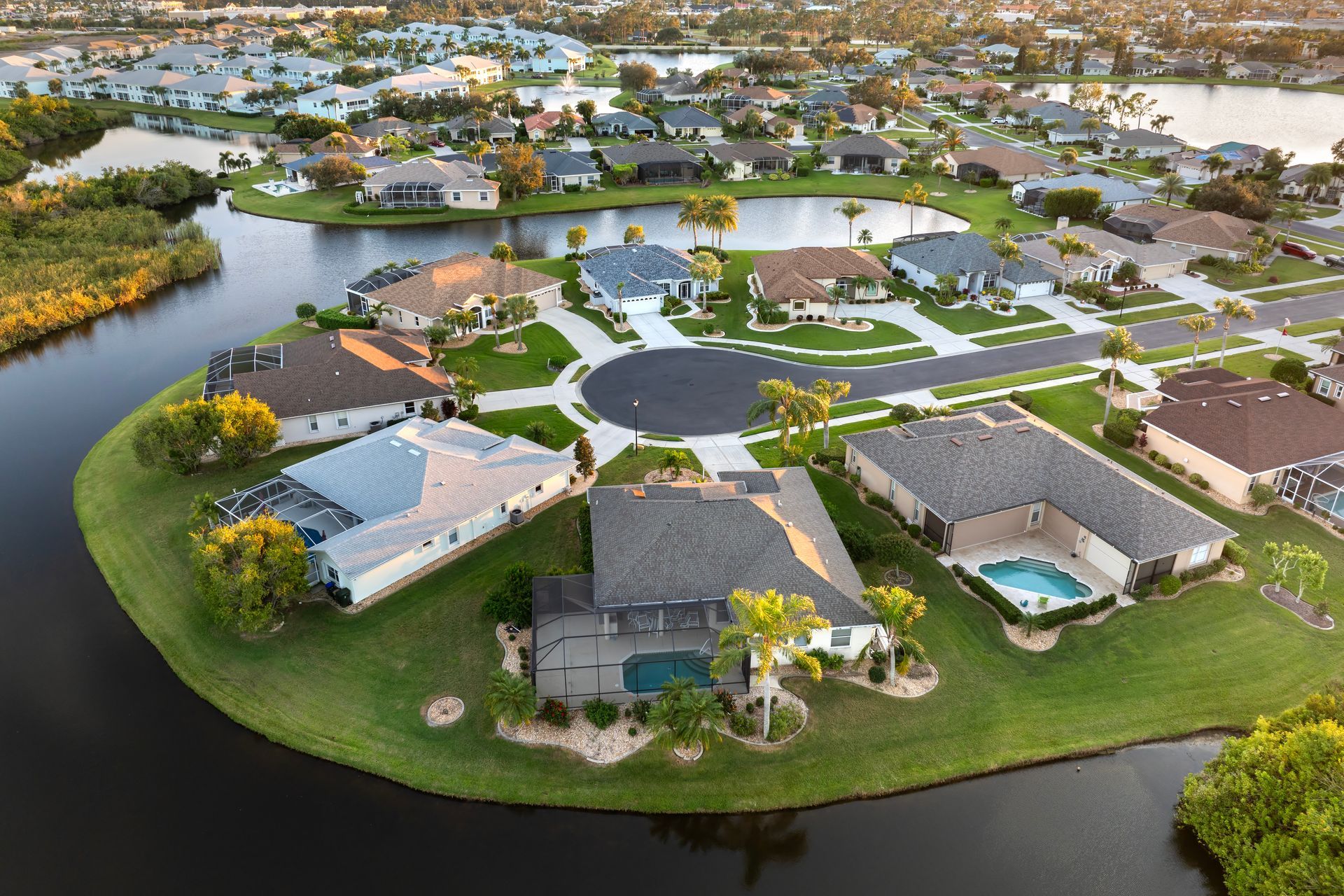When you live or work in the Hudson Valley, you want insurance that fits your life-without the runaround. That's where we come in. From renters & homeowners to contractors & small businesses, we help you protect what matters most with affordable, reliable insurance solutions you can count on year after year.
Personal Insurance
Commercial Insurance
Insurance You Can Count On in Florida
Protect your home, car, and business with personalized coverage from a Family-owned Agency Serving Florida Since 1999.
About The Marcus Group
Your Insurance Specialist Since 1999
The Marcus Group has proudly served families and businesses in Florida for more than two decades.
As a third-generation, family-owned agency, our commitment runs deep: provide expert guidance, deliver responsive customer service, and treat every client like family. Based in Tamarac, our insurance agency offers a local touch with statewide reach — we’re licensed to help you anywhere in Florida.
With access to top-rated insurance carriers, we tailor coverage to fit your needs — whether it’s for your home, your car, or your business. We take pride in being one of the most trusted insurance agencies in Florida earned through years of reliability and personal service.
Our Insurance Options
Protecting What Matters Most
At The Marcus Group, we make insurance simple. Explore our most popular services:
Homeowners Insurance
Safeguard your house, condo, rental property, or secondary home with coverage designed for Florida living — including essential flood protection. We help local families secure the best homeowners insurance in Florida with policies that protect against hurricanes, floods, and more.
Auto & Classic Car Insurance
From everyday drivers to motorcycles and collector cars, we provide auto insurance in Florida to keep you covered on the road. Whether you’re commuting daily or driving your dream car, we’ll help you find the right protection — including motorcycle and classic car insurance.
Business & Commercial Insurance
Safeguard your business with general liability, commercial auto, workers’ comp, and more. We provide tailored commercial insurance in Florida for small businesses and corporations alike. From liability to cyber protection, we’ll help keep your company secure.
Policy Review & Insurance Comparison
Not sure you’re getting the best value? We’ll review your existing policies and help you compare insurance options from Florida’s top carriers — ensuring you have the right coverage at the best price.
Our Insurance Partners
We work with top-rated insurance carriers across homeowners, auto, and business lines, giving you access to competitive rates and reliable coverage.
Why Choose The Marcus Group?
Your Local, Trusted Florida Insurance Agency
With more than 5,000 clients served and decades of experience, The Marcus Group stands apart as one of Florida’s most trusted independent agencies.
¡Hablamos Español!
Generational Expertise
A family tradition of insurance knowledge passed down for decades.
Customer-First Service
Responsive, reliable, and always here when you need us.
Local Strength
Deep roots in Florida with statewide coverage.
Independent Advantage
Access to multiple carriers for policies that fit your needs and budget.
What Our Clients Say
Real Reviews. Real Peace of Mind.
Dynamic testimonials pulled from Google — highlighting our reputation for customer service and trust.
"Nicole has helped me with my home owner's and car insurance. Whenever I had any questions Nicole was prompt, friendly and knowledgeable in answering me. Nicole and her team were the best!! They took the time to understand my specific needs and never tried to sell me something i didn't need. I would highly recommend The Marcus Group for all your insurance needs. Thank you Nicole!!"
– Darlene J.
"Our company has been a client of The Marcus Group for many years for now. We are completely satisfied with their service, in particular with Ms. Ardala DePalo's professionalism, expertise in the field and, most importantly, prompt response to any of our concerns. We strongly recommend The Marcus Group for all your insurance needs."
– Ana S.
"I have been insured with Marcus Group for 4 years. I highly recommend using this FABULOUS company and their FANTASTIC employees! HUGE SHOUT OUT TO CONNIE DEAN for all her continuous efforts and kindness. They truly care!!!!!!!!!!"
– Debbie F.
FAQs
Common Questions, Straight Answers
Does your agency offer bilingual support?
Yes. Our team proudly offers bilingual support in English and Spanish to better serve our diverse Florida community. Whether you prefer to communicate in English or Spanish, we’re here to make sure every client feels understood and supported.
Do I need flood insurance in Florida?
Yes. Standard homeowners policies don’t cover flooding. With Florida’s high risk, flood insurance is strongly recommended. We can help you secure coverage through the NFIP or private carriers.
What’s the difference between condo and homeowners insurance?
Homeowners insurance covers the entire property, while condo insurance usually covers the interior of your unit, your belongings, and liability. We’re specialists in Florida condo and renters insurance.
How much auto insurance coverage is required in Florida?
Florida requires minimum PIP and PDL coverage of $10,000 each. Most drivers need more for real protection. We’ll provide tailored Florida auto insurance quotes so you can choose wisely.
Can I get coverage for my Airbnb or short-term rental property?
Yes. Standard homeowners policies don’t cover short-term rentals. We offer Airbnb and vacation rental insurance in Florida to protect your property, liability, and income.
Service Areas
Local Roots. Statewide Reach.
Looking for
“insurance near me” in
Broward
or Palm Beach County? We’re right here in Tamarac:
The Marcus Group, Inc.
7797 N University Drive, Suite #204
Tamarac, FL 33321
From our office, we proudly serve:
-
Fort Lauderdale
-
Coral Springs
-
Boca Raton
-
West Palm Beach
-
Pompano Beach
-
Hollywood
-
All surrounding areas in Broward & Palm Beach Counties
And because we’re licensed statewide, we can help you secure coverage anywhere in Florida.
Insurance Tips, Local Insights & More
The Essential Guide to Airbnb, Short-Term Rental, and Vacation Home Insurance in Florida
Read moreAuto & Classic Car Insurance in South Florida: What Florida Drivers Need to Know
Read moreYour Guide to Business & Commercial Insurance in South Florida: Protecting Your Company With Confidence
Read moreProtecting Your Small Business Before the Holiday Rush
Read moreGet Started
Protect What Matters Most — Get Covered Today
Whether you need homeowners insurance in Florida, auto insurance or commercial coverage anywhere in Florida, The Marcus Group is here to help. Built on a tradition of knowledge, service, and trust, we’ll make sure you and your family are always protected.











